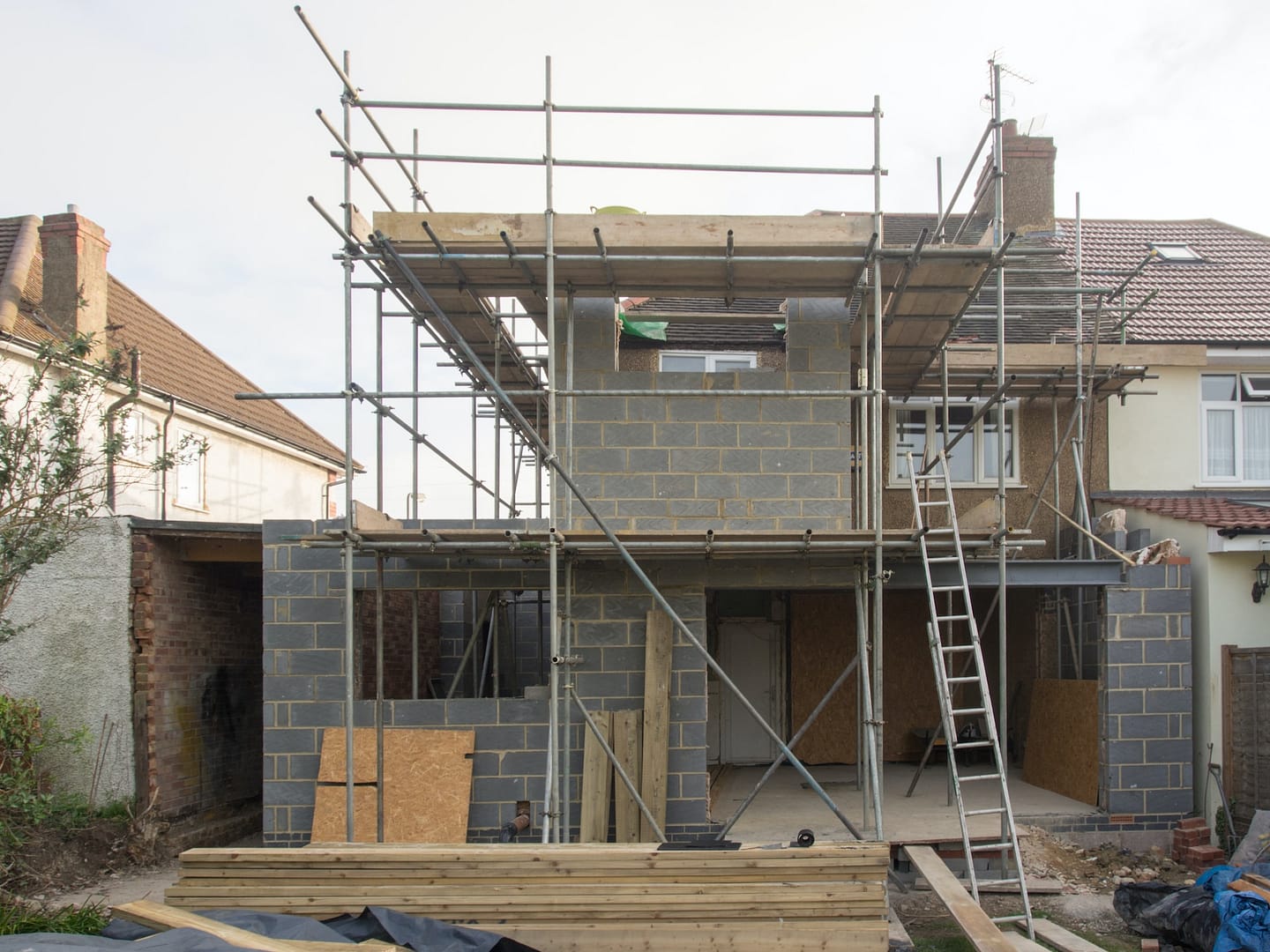If you own a property, you know how important it is to keep it in good condition. Structural damage and disrepair can be a major concern for property owners and renters, as it can cause safety hazards for tenants. In this article, we will explore what constitutes structural disrepair and major structural damage, as well as how you can claim compensation for any defects.
What is Structural Disrepair?
Structural disrepair refers to any damage or deterioration that affects the structural integrity of a property. This can include issues with the foundation, walls, roof, floors, or any other structural element. Some common signs of structural disrepair include cracks in walls or floors, sagging ceilings, leaning walls, and damp or mould issues.
It’s important to note that not all types of disrepair are considered structural. For example, cosmetic issues such as peeling paint or worn carpets would not be classified as structural disrepair.
What is Considered Major Structural Damage?
Major structural damage refers to any issue that poses a significant risk to the safety and stability of a property or its occupants. Common types of structural damage include:
- Subsidence: When the ground beneath a property shifts or sinks, it can destabilize the foundation, leading to significant structural issues.
- Bowing or Bulging Walls: Caused by factors such as foundation problems, water damage, or poor construction, these can weaken the structural integrity of a building.
- Roof Damage: Leaks from roof damage can lead to water infiltration, which causes further damage to the property’s structure and interior.
- Structural Cracks: Cracks in the foundation or walls often signal underlying structural problems that need immediate attention.
Addressing major structural damage promptly is crucial, as it can jeopardize safety and lead to costly repairs if left untreated.
If you believe that your property has suffered from structural defects, you may be entitled to compensation. The first step is to have a professional surveyor assess the property to determine the extent of the damage.
If the survey reveals that the damage is the result of poor construction, you may be able to make a claim against the builder or contractor responsible. If the damage is the result of natural causes, such as subsidence, you may be able to claim compensation from your insurance company.
In some cases, you may also be able to claim compensation from the previous owner of the property, if they knew about the structural defects but failed to disclose them.
It’s important to note that the process of claiming compensation for structural defects can be complex, and it’s recommended that you seek the guidance from National Claims.
Following these steps, it is important to contact National Claims to be put in contact with our claims specialists. We will then help guide you through the claims process.
Can My Landlord Evict Me if I Bring a Claim?
If you are renting a property and you believe that there are structural issues that need to be addressed, you may be worried about the consequences of bringing a claim against your landlord. It’s important to note that your landlord cannot legally evict you for making a complaint or bringing a claim regarding the condition of the property.
The law provides tenants with certain rights and protections, including the right to live in a safe and habitable property. If you have concerns about the condition of your rental property, it’s important to speak with your landlord or property manager and raise these concerns in writing.
If your landlord fails to address the issues, you may be able to take legal action or seek the guidance from National Claims.
Tenants Responsibilities to Structural and Exterior Repairs
As a tenant, understanding your responsibilities regarding structural and exterior repairs is crucial. Generally, the landlord is responsible for maintaining the property’s structure and exterior, while tenants are tasked with caring for the interior.
However, tenants have an important duty to promptly report any issues, including signs of structural damage or disrepair. Failing to report these problems in a timely manner could lead to further damage and may affect your ability to seek compensation.
It’s also essential to recognize that if you cause damage due to neglect or misuse, you may be held financially responsible for repairs. Additionally, tenants should adhere to any maintenance guidelines provided by the landlord or property manager, such as ensuring proper ventilation to prevent damp or mould.
In essence, tenants should take a proactive approach by promptly addressing concerns, reporting issues, and cooperating with their landlord to maintain the property in good condition.

Conclusion
In conclusion, structural damage and disrepair can be a serious concern for property owners. It’s important to address any issues as soon as possible to ensure the safety of the property and its occupants. If you believe that your property has suffered from structural defects, it’s recommended that you seek the guidance of a professional surveyor and National Claims to determine your options for claiming compensation.
Contact National Claims today to be able to start your housing disrepair claim.
Note: You can only make a claim if you are currently living in social housing.
Click below to see why we are one of the most trusted claims management companies in the UK.





